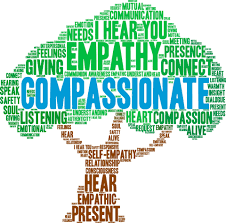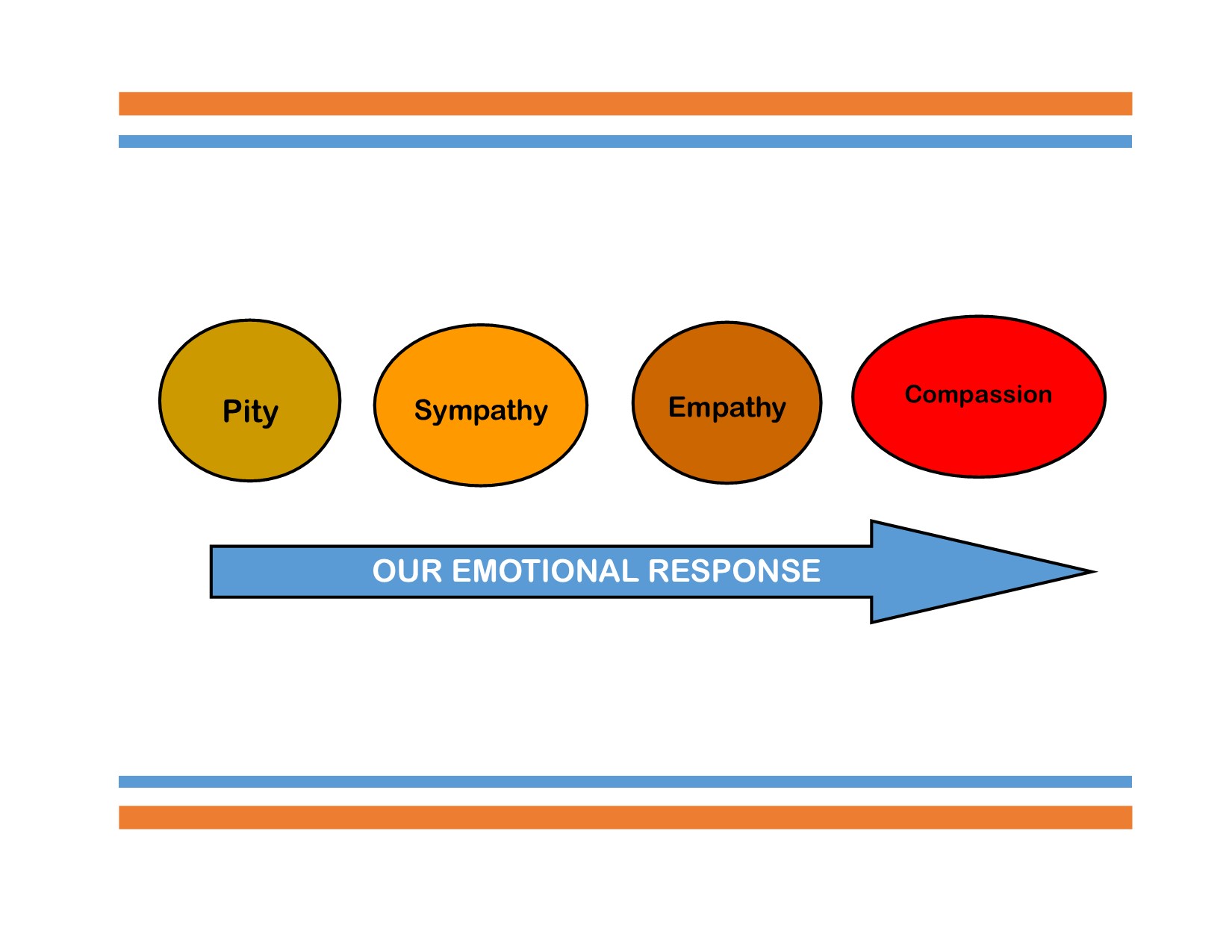It’s that Time Again
As is our tradition with WordBytes, our first teaching each new year is a reflection on the things learned in the previous year. What have we learned as we look back on 2023?
What were the “bought lessons” learned at great expense? What were the “taught lessons” received with meekness and humility? More importantly, how will we use the knowledge and wisdom learned to better navigate both the challenges and opportunities of 2024?
Learn from the Sankofa Bird
The Sankofa Bird is a mythical bird with its feet firmly planted forward, but its head turned back to pick up an egg from its back. This symbolizes the importance of learning from the past and bringing that knowledge with you as you move forward.
The Sankofa Bird holds various significant meanings:
-
- Honoring the past: It encourages us to learn from our history, both the good and the bad. By understanding our past, we can avoid repeating mistakes and build a better future.
- Preserving cultural heritage: Sankofa emphasizes the importance of preserving cultural traditions and values. It reminds us that our ancestors’ wisdom and knowledge are still relevant today.
- Personal growth: On a personal level, the Sankofa Bird can represent the continuous process of self-improvement. It encourages us to reflect on our past experiences, learn from them, and use that knowledge to grow as individuals.
For this year’s “lessons learned”, we would like to offer the Sankofa Bird as a framework for sharing what we’ve learned in 2023. It will also help to determine what things are of value moving forward into this new year and what things are “useless baggage” best left behind.
Where do I start? Where am I headed?
I looked to previous years’ learnings to begin my list. I asked myself, “Has my faith grown stronger?” “Have I grown in the knowledge of Jesus Christ?” (2 Pet. 3:18) “Was I becoming more conformed to the image of Christ?” (Rom. 8:29)
It was in reading previous learnings that I discovered my first lesson from 2023. Like the Sankofa Bird, looking back helped me understand that spiritual growth or sanctification is a continuous process. We never stop growing until eternity.
From this review process, “common themes” began to emerge.
-
- God should be the center of our lives. Seek Him first.
- The importance of relationships. With God and with others.
- Trust and Obedience. These are essential for a successful faith walk.
- God is faithful and true. His Word and promises never change.
- God is ever present. His Presence is always with us.
These themes helped to identify my second lesson from 2023: the importance of learning more about God, His Kingdom, and our purpose in His plan of salvation. This lesson is best captured in Eph. 1:17-19.
That the God of our Lord Jesus Christ, the Father of glory, may give to you the spirit of wisdom and revelation in the knowledge of Him, the eyes of your understanding being enlightened; that you may know what is the hope of His calling, what are the riches of the glory of His inheritance in the saints, and what is the exceeding greatness of His power toward us who believe, according to the working of His mighty power
Did I learn anything new?
My final lesson learned is probably the most impactful to me. It was learned during our study on eternity. Unless we intentionally focus on the importance of eternity to our spiritual welfare, it will remain nothing more than theological jargon we hear on Sunday morning.
Many Christians become disillusioned as their quest for peace and pleasure on this earth feel them with despair. If you are one of these believers who senses you’re missing something—who have hoped for more—it may be that your perspective is distorted by your focus on this world. With heaven as our point of reference, we can learn to live a satisfying, balance, and victorious life even in a fallen world.[1]
My third lesson from 2023: To know the true God and His Son Jesus Christ, it is important that we focus on eternity. To live on lives with an eye on eternity, is the only “sure way” to live in the fullness of God today, tomorrow, and forever.
Carrying my egg into 2024
Like the Sankofa Bird, with my feet firmly planted forward, I’m carrying my egg into 2024 by:
-
- Prioritizing my spiritual growth and development.
- Increasing in wisdom and knowledge of God.
- Focusing on eternity.
And what will I leave behind? All the things (and people) that hinder my journey forward.
What will you carry into 2024? What will you leave behind?
[1] Dr. Joseph M. Stowell, Eternity: Reclaiming a Passion for What Endures











